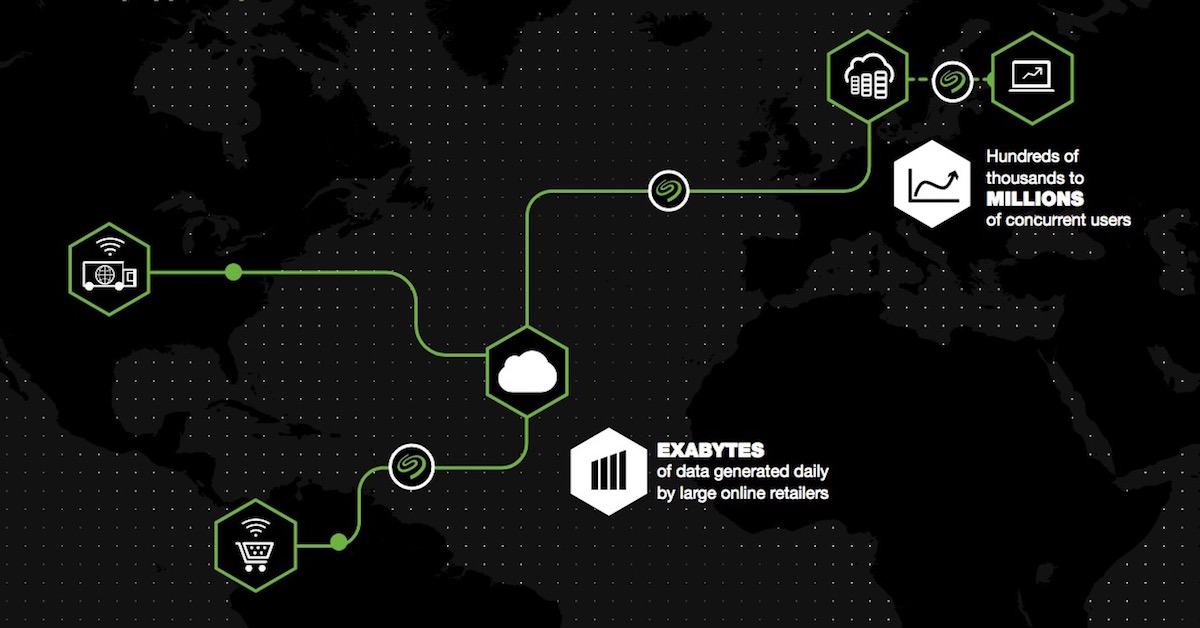The financial services sector is becoming increasingly interested in cloud storage solutions as it tries to make sense of rising data volumes. Many organizations have not been able to extract enough value from information, but they may be better equipped to do so once they find cost-effective cloud arrangements that suit their security and performance requirements.
Key obstacles are impeding big data's progress in the enterprise. According to a survey of finance professionals conducted by CGMA, almost 90 percent of organizations are struggling to make sense of data. Commonly cited problems included data quality and siloing issues. Similarly, nearly half of respondents stated that security and privacy concerns had influenced their companies' decisions to hold off on cloud infrastructure investment.
At the same time, many in finance recognize big data's potential. More than half of CGMA respondents asserted that failing to utilize analytics would put their organization at a competitive disadvantage.
In addition to security worries, financial services providers may be reticent about the cloud and big data due to cost concerns. WatersTechnology's Faye Kilburn cited a report from OneMarketData that argued that the cloud could be an ideal platform for the sector once managers realize its cost-effectiveness.
"The top three use cases – trade model backtesting, standard backtesting and TCA – are data heavy and that cuts across all different market participants from quants to asset managers," stated OneMarketData's Louis Lovas. "There is a general agreement that managing and storing data can be done more effectively in the cloud, though many firms haven't done their homework to see how cost effective really can be."
Businesses considering big data projects must implement cloud infrastructure that meets high requirements and fits comfortably within their IT budgets. The push toward open standard hardware and software has already enabled many enterprises to build flexible cloud solutions at low cost, and it could ultimately put the finance industry in better position to interpret data.







